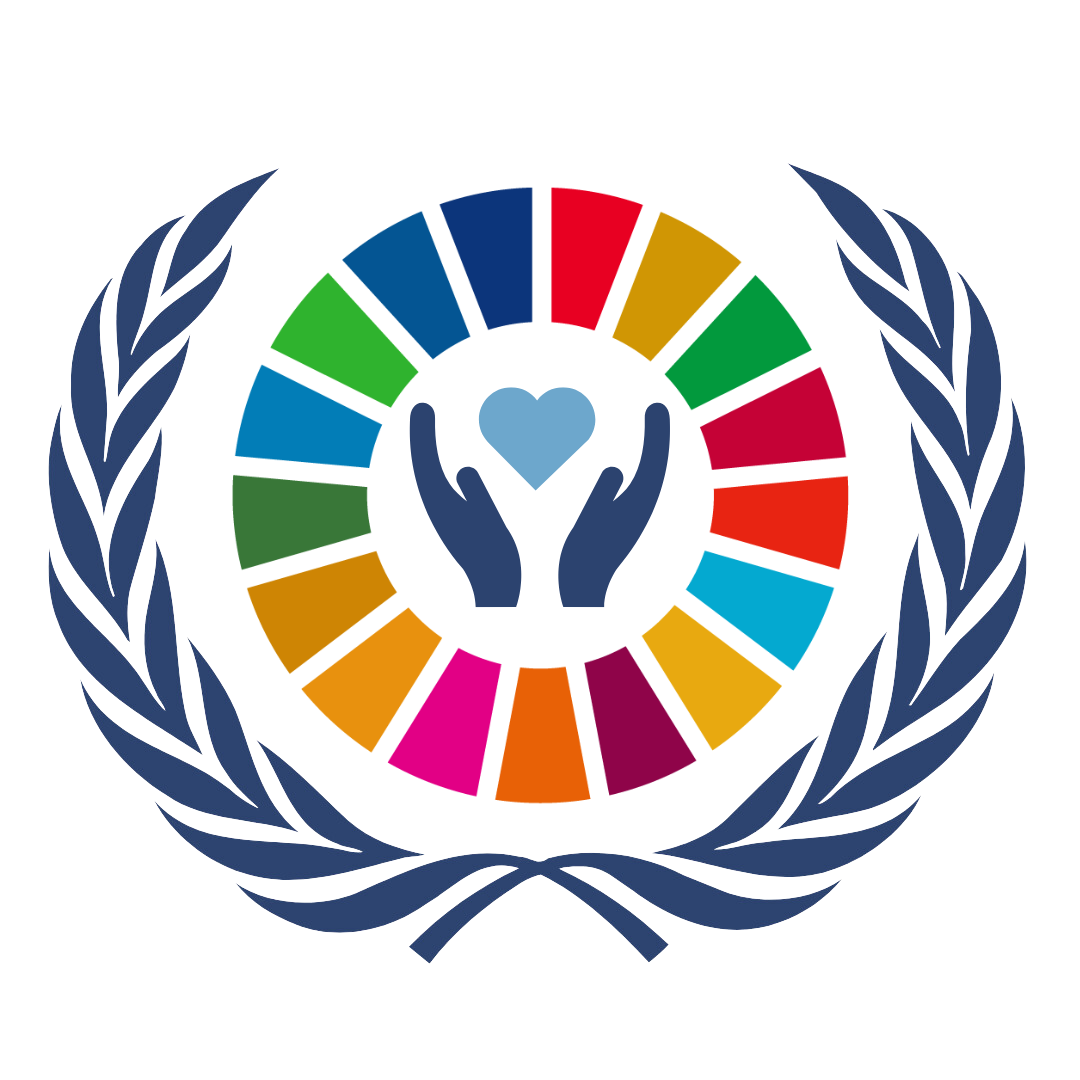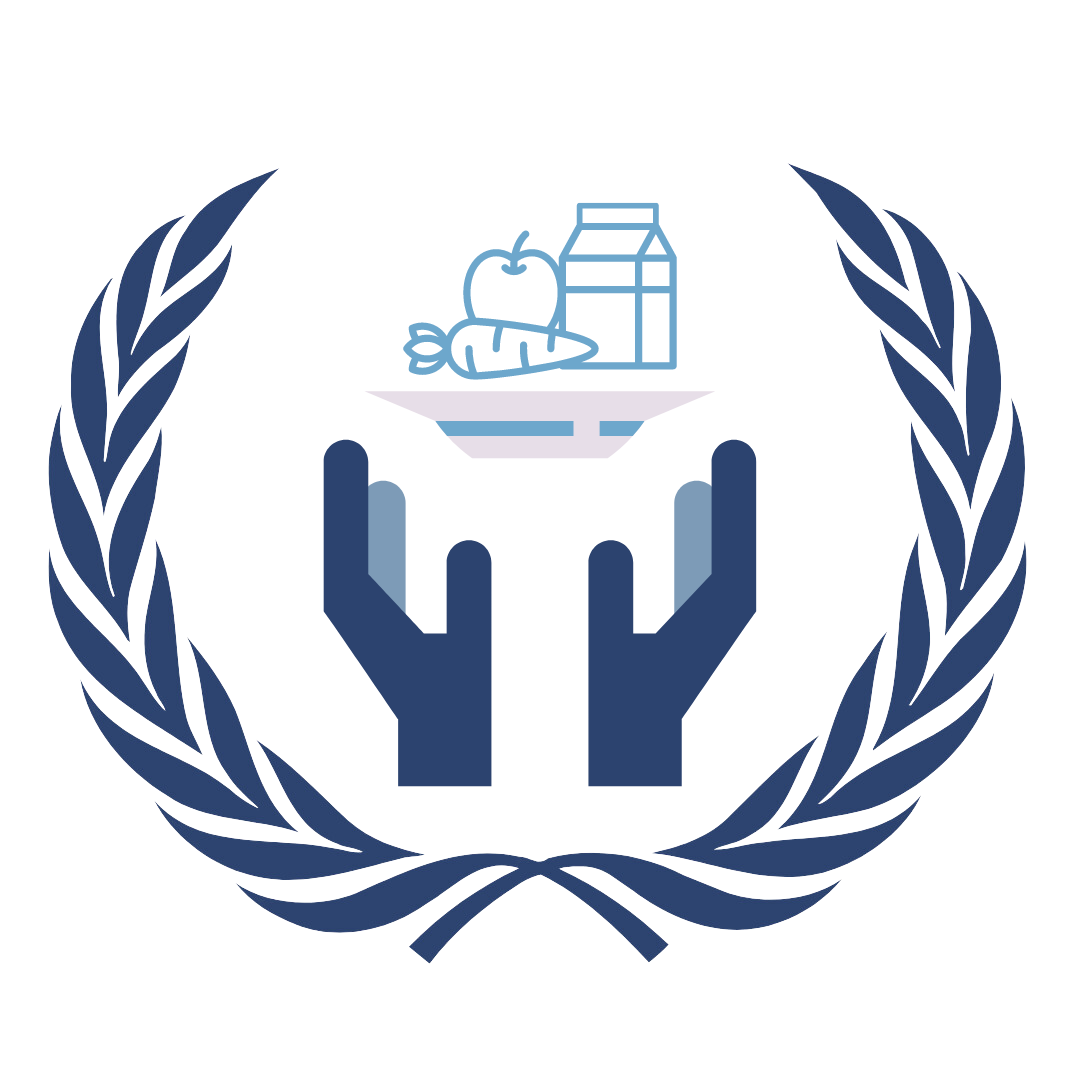
Economic and Social Council
Commission on Science and Technology for Development (CSTD)
From Natural Language Generation to Biometrics, technology has been rapidly advancing in the 21st Century. While there should be celebration of humanity’s achievements, it is equally important to be aware of potential implications and harm associated. The Commission on Science and Technology for Development (CSTD) is set to provide high-level advice through analysis and policy recommendations to guide nations around the globe in the digital era equitably and sustainably.
Firstly, CSTD will promote the discussion of the topic of Global Cooperation on Artificial Intelligence. The rise of AI has dramatically altered the world as we know it including through changing employment opportunities, the environment, information integrity and so much more. The committee will aim to collect data, analyze impacts and create guidelines on ensuring a safe and fair society that can utilize the benefits of Artificial Intelligence. Secondly, CSTD will be addressing the importance of using Biotechnology to Promote Sustainable Development. Exciting new biotechnology such as Nanotechnology and GMOs can accelerate the process to achieve the UN Sustainable Development Goals. However, caution also needs to be taken, and the committee should work to generate a framework for contended fields to bridge the information gap, enhance public trust, and guarantee the well-being of vulnerable populations.
Commission for Social Development (CSocD)
The Commission for Social Development (CSocD) is in charge of advising the Economic and Social Council and Governments on a wide range of social policy issues and on the social perspective of development. Specifically, CSocD is dedicated to rectifying inequalities relating to social conditions and without distinction of national origin, race, gender, age or disability. The first topic that will be discussed is Poverty Eradication. As one of the Sustainable Development Goals of the United Nations, it is an urgent and multidimensional issue.
The committee will inspect and analyze problems such as homelessness and income insecurity to develop tangible solutions. This may include universal access to basic social services and economic structural reforms. CSocD will also advance the topic of social inclusion. The social integration of a variety of different communities including but not limited to Indigenous Peoples, Persons with disabilities and minorities is essential. The perseverance of culture should be balanced with development of economic and social infrastructure. CSocD will focus on creating guidelines on improving the terms of participation in society, particularly for people who are disadvantaged, through enhancing opportunities, access to resources, voice and respect for rights.
UNITED NATIONS Economic and Social Commission for Asia and the Pacific (UNESCAP)
The United Nations Economic and Social Commission for Asia and the Pacific (UNESCAP) is the most inclusive intergovernmental platform in the Asia-Pacific region. The Commission promotes cooperation among its 53 member States and 9 associate members in pursuit of solutions to sustainable development challenges. Specifically, it supports inclusive, resilient, and sustainable development in the region by generating action-oriented knowledge, and by providing technical assistance and capacity-building services in support of national development objectives, regional agreements and the implementation of the 2030 Agenda for Sustainable Development.
First, the committee is joining forces to battle the most daunting issue for Asia and the Pacific - Climate Change. It is crucial to continuously monitor Global Warming, Pollution, and the social impacts of Climate Change on committees. Effective solutions should be developed to target these issues. The committee should encourage research on Disaster Risk Management and Green Energy. Second, the topic of Ageing will be addressed. Demographic Trends show that ageing populations are prevalent and societal functions would need to adjust. Whether it is studying impacts on the labor market, impacts on Sustainable Development, or family planning; the committee should consider the best approach for social care and support for elderly. This may include combining technology, policies, and practices to accommodate an aging society.
UN Nutrition
A World Without Malnutrition is on the very top of the agenda of UN Nutrition. UN-Nutrition is the United Nations inter-agency coordination mechanism for nutrition. Nutrition is a maker and marker of sustainable development, directly or indirectly linked to all the Sustainable Development Goals (SDGs). As a multi-sectoral problem, malnutrition necessitates aligned and coordinated responses across sectors and actors.
The first topic that the committee will be focusing on is the Food Crisis. As food prices rise, food insecurity and availability are heavily impacted. Issues like conflict and mass displacement and economic depressions worsen the burden of unequal food distribution. The committee should work together to strengthen analysis, evidence, and consensus on food while combining new technology in the food industry. The second topic UN-Nutrition will discuss is Elimination of Malnutrition. The first step the committee should take is collecting and sharing nutrition data and researching healthy dietary patterns. The committee will also promote scientific discoveries on undernutrition, overweight and obesity and commit to malnutrition treatments. UN Nutrition will be working closely with WHO and CFS to promote Education on nutrition, and with UNICEF to support children.
Head Office of Territorial Discovery and Official Governance (HOTDOG)
Exploration is fundamental for human success. It inspires us, widens our knowledge and gives us hope for a better future. The Head Office of Territorial Discovery and Official Governance (HOTDOG) encourages the curiosity that is part of human nature, and sets guidelines for nations to traverse justly. New discoveries not only give the human race a better understanding of the world around us but also about our place and role in the grand scheme of time.
The first topic HOTDOG will focus on is Aerospace Domains. It is important to collaborate in a global effort to promote aircraft research, design and manufacturing. The committee will review additional safety measures including maintenance and inspection guidelines and coordination of safe international air travel, and prevention of aviation accidents. Finally, the committee will set standards such as the International Domain Register to better coordinate aerospace discoveries and technologies. The second topic that will be brought to the committee’s attention is Oceans. There have been incidents in history of conflict over ocean regions, and it is the committee’s responsibility to investigate Freedom of the Seas and United Nations Law of the Sea Convention (UNCLOS). Protection of marine environment and biodiversity and limiting piracy can also play into consideration.





